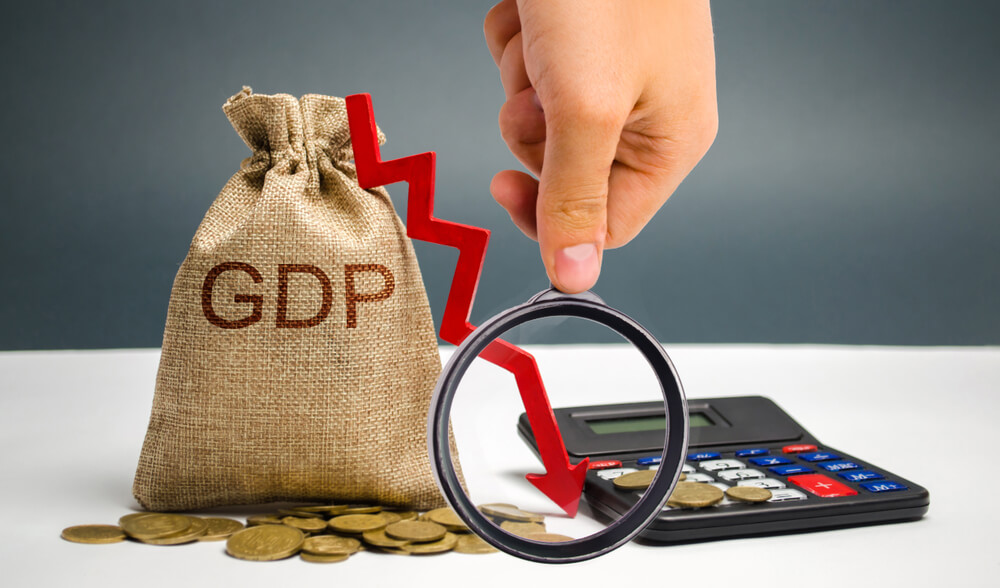The nonpartisan Congressional Budget Office released a report saying the record-long government shutdown cost the economy about $11 billion, reflecting lost output from federal workers, delayed government spending and reduced demand for goods.
Although much of the damage will be reversed as federal workers return to the their jobs and receive their back pay, the report estimates that $3 billion of that total will be lost forever after a quarter of the government was shuttered for 35 days, a full two weeks longer than the previous record shutdown.
The gross domestic product for Quarter 4 of 2018 took about a 0.1 percent hit, and the Quarter 1 of 2019 will suffer about a 0.2 percent GDP dip (about $8 billion).
The report also said GDP will slow to 2.3 percent — compared to 3.1 percent in 2018 — as the benefits of the Tax Cuts and Jobs Act continues to fade.
Per CNBC:
“Among those who experienced the largest and most direct negative effects are federal workers who faced delayed compensation and private-sector entities that lost business,” the report said. “Some of those private-sector entities will never recoup that lost income.”
The analysis does not incorporate some indirect effects of the shutdown, such as the halt in some federal permits and reduced access to loans.
However, the report suggests that businesses were beginning to postpone investment and hiring decisions as a result of the shutdown and warned that the risks were becoming “increasingly significant” as the impasse dragged on.
The CBO’s annual report also looked at the impact of the Trump administration’s trade policies on the economy. It estimates that new tariffs on imports and exports will shave an average of 0.1 percent from economic growth through 2029. It also forecast customs duties will rise from 0.2 percent of GDP in 2018 to 0.3 percent this year.
Overall, the CBO projected economic growth will slow this year to 2.3 percent, compared with the 3.1 percent rate last year, as the benefits of the new tax law begin to fade. Through 2023, growth is expected to average 1.7 percent, below the CBO’s estimate of the economy’s potential.
There was at least one silver lining in the report: the CBO pushed back its forecast for when the deficit would reach the $1 trillion milestone by two years to 2022. The new timeline is driven by lower expected spending on disaster relief.
The CBO also projected interest rates would not rise as quickly as previously forecast. Interest rate payments are estimated to be $255 billion less than projected last year.
